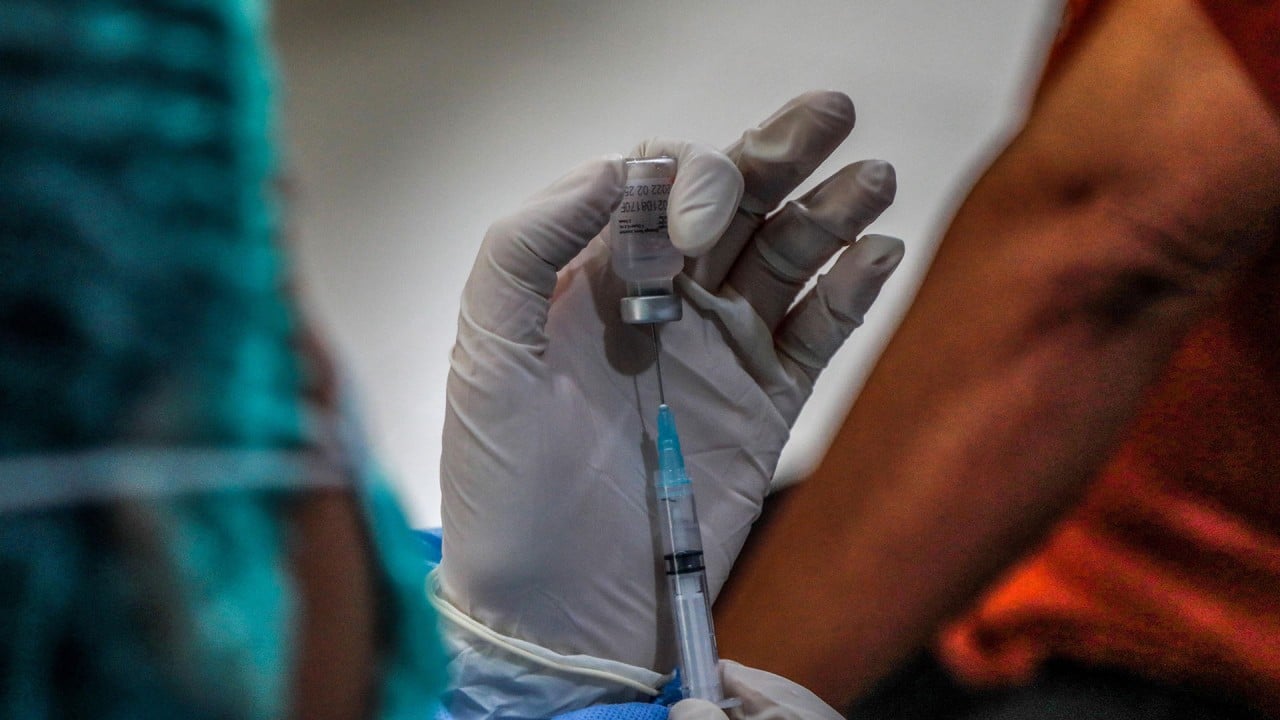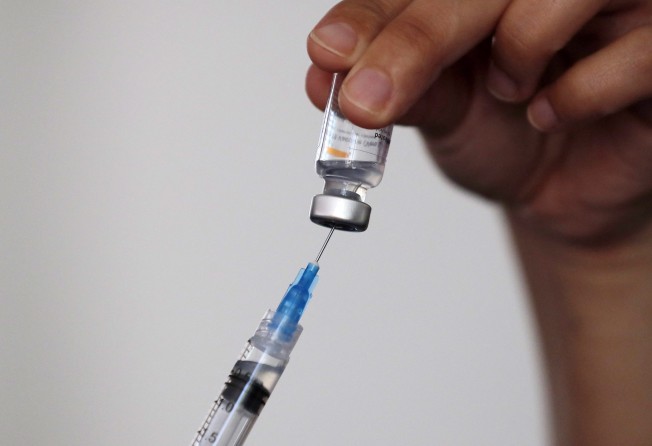
03:35
A look back at lockdowns, vaccines and variants defining the Covid-19 pandemic in 2021

China’s widely used Sinopharm and Sinovac Covid-19 vaccines will give some protection against severe illness, hospitalisation and death from the Omicron variant despite declines in protective antibodies, a WHO official said on Tuesday.
The assessment from World Health Organization incident manager Abdi Mahamud came just days after several preliminary laboratory studies indicated that three doses of Sinovac did not produce enough antibodies to prevent infection from the new variant.
In one study, researchers from Yale University, the Dominican Republic’s health ministry and other institutions concluded that two doses of Sinovac with one shot of Pfizer was not enough to stop an Omicron infection.
Mahamud said on Tuesday that although Omicron could evade antibodies and cause infection, evidence was emerging that the Covid-19 vaccines still protected against severe illness, hospitalisation and death.
“The vaccines have different rankings in terms of prevention of infections, but what we know well so far is that all of them prevent death … Our prediction is their ability to prevent severe [illness], hospitalisation and death will be maintained,” he said.
“What we have seen from right now is what is going to protect against severe [illness], hospitalisation and death is your T-cell response. The neutralisation antibodies go down and it’s the T-cells. And what we know from other vaccines is they do prevent it, whether it’s the Sinovac or Sinopharm [vaccine].”
Human bodies have different layers of immunity and when antibodies fail to prevent infection, T-cells, a type of white blood cell that attacks infected cells, can form another layer of defence.
“T-cells are not specific … T-cells use a brute force,” Mahamud said.
“The T-cells maintain the ability to recognise [variants] and protect from getting severe disease.”
Separate studies from South Africa and the Netherlands found that T-cells were still holding up against Omicron in people who had mRNA or vectored vaccines.
Researchers from the Hong Kong University of Science and Technology and the University of Melbourne also found that T-cells in recovered Covid-19 patients or vaccinated people recognised a range of fragments of the coronavirus’s viral proteins, called epitopes, according to a paper published in the peer-reviewed journal Viruses.
Researchers suggest that a robust T-cell response will still be effective in mounting an immune response against Omicron, or some other variant, and help to prevent significant illness.
Mahamud said more studies had shown that Omicron was infecting the upper part of the respiratory tract, unlike other variants that could cause severe pneumonia, but more research was needed to confirm the results.
Covid-19 cases have surged around the world since Omicron was detected in November, but hospitalisation and death rates appear to be lower than in similar phases of previous waves.
“What we are seeing now is ... the decoupling between the cases and the deaths,” Mahamud said.
He said it was too early to say whether an Omicron-specific vaccine would be needed, but the decision required global coordination and should not be left to manufacturers to decide alone.
He said the best approach to reduce the impact of the variant would be meeting the WHO’s goal of vaccinating 70 per cent of the population in each country by July instead of offering a third and fourth dose in some countries.